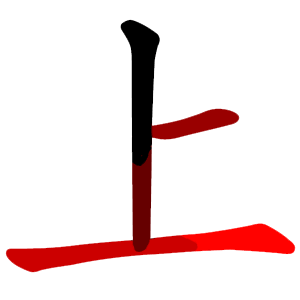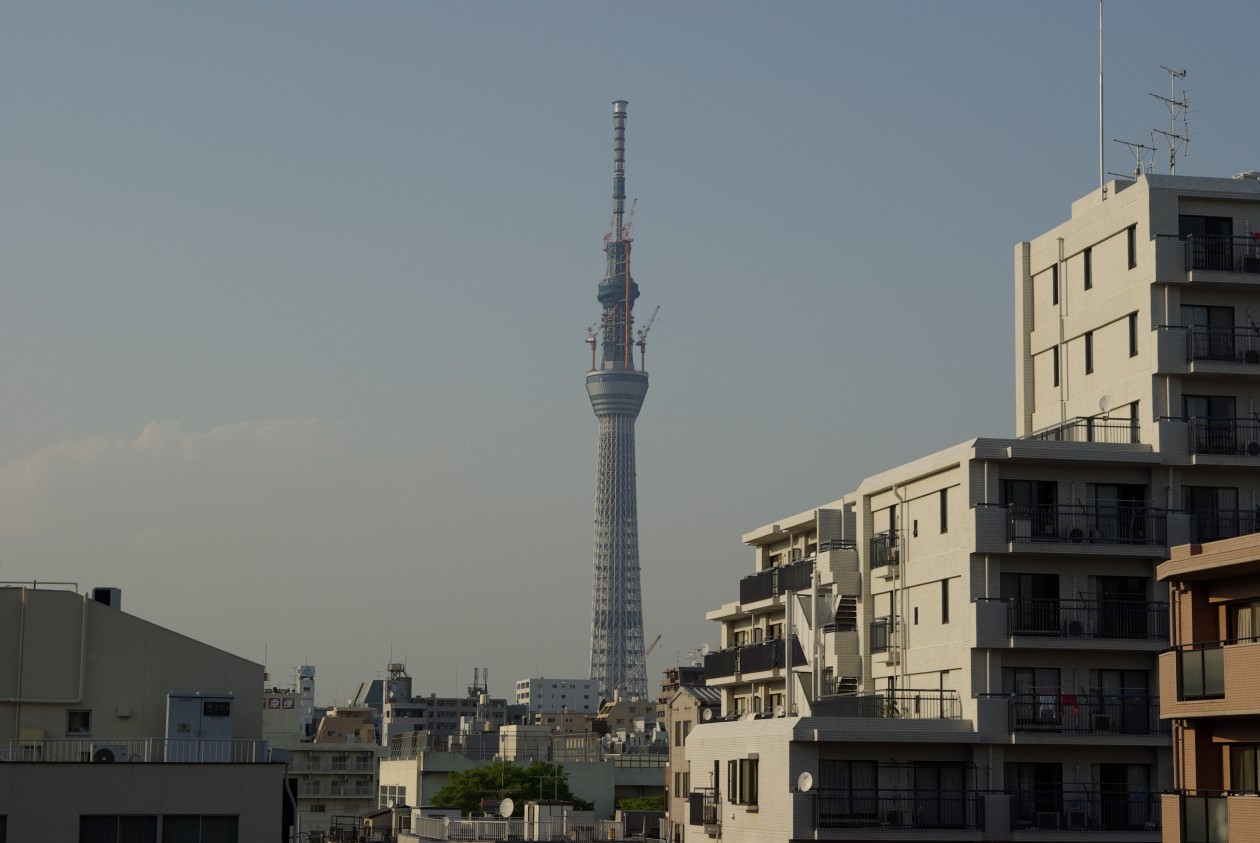Category Archives: Obentō 02-020
Useful kanji for city life 上 うえ 下 した




famous ski resort in Nagano Prefecture

Uemura-gawa
The two kanji 上 and 下 are used often to indicate two place names that are similar, but need to be separated. In English we tend to do that with Upper and Lower, as in Upper Manhattan and Lower Manhattan. In Japanese they use the kanji 上 and 下, but pronounce them as 上 かみ and 下 しも .



If you think this is bad, there is even worse down there!
Usually people are more positive:
上には上がいる。
うえにはうえがいる。
If you think this is great, there is even better up there!
Kanji 教 中
It all began with looking for 前 まえ, which means before or ago…
Home delivery でまえ 出前
Four good reasons to get home delivery:
1. Mum is late with dinner; she’s still rushing home. The kids are nagging about their favourite.
2. Mum and Dad have been out; Dad was holding up everyone.
3. Mum is pregnant and she is tired. She needs a break.
4. Grandma can’t remember what she did with the onions and the eggs…
Here are some fairly typical menus for home delivery. Most families would have a few of their favourite menus next to the phone – just in case.
Why stick to just food? We deliver anything!
No, food is good for just now!
onigiri sushi
More onigiri sushi
And this is how it is delivered:
Very do-able, isn’t it? The dishes will be collected later.
Oh, my! This is gonna be great!
You can now have all your groceries delivered to your home.
What’s in a name? 中 なか naka in, inside, within
What’s in a name? This time we have a look at the kanji for in or inside. It is used often in names, showing the location of where the family originally lived within the village, or where their property was in relation to the rest of the village. It could also have been used to show social standing – all sorts of reasons.
Here are some everyday names that contain the kanji 中 なか naka.
One can also see it at the end of a name:
Interestingly, the kanji can also be pronounced as ちゅう chū. However, as such it doesn’t happen in Japanese names or surnames. It does appear as such in many Japanese everyday words, just not as part of a name.



































































